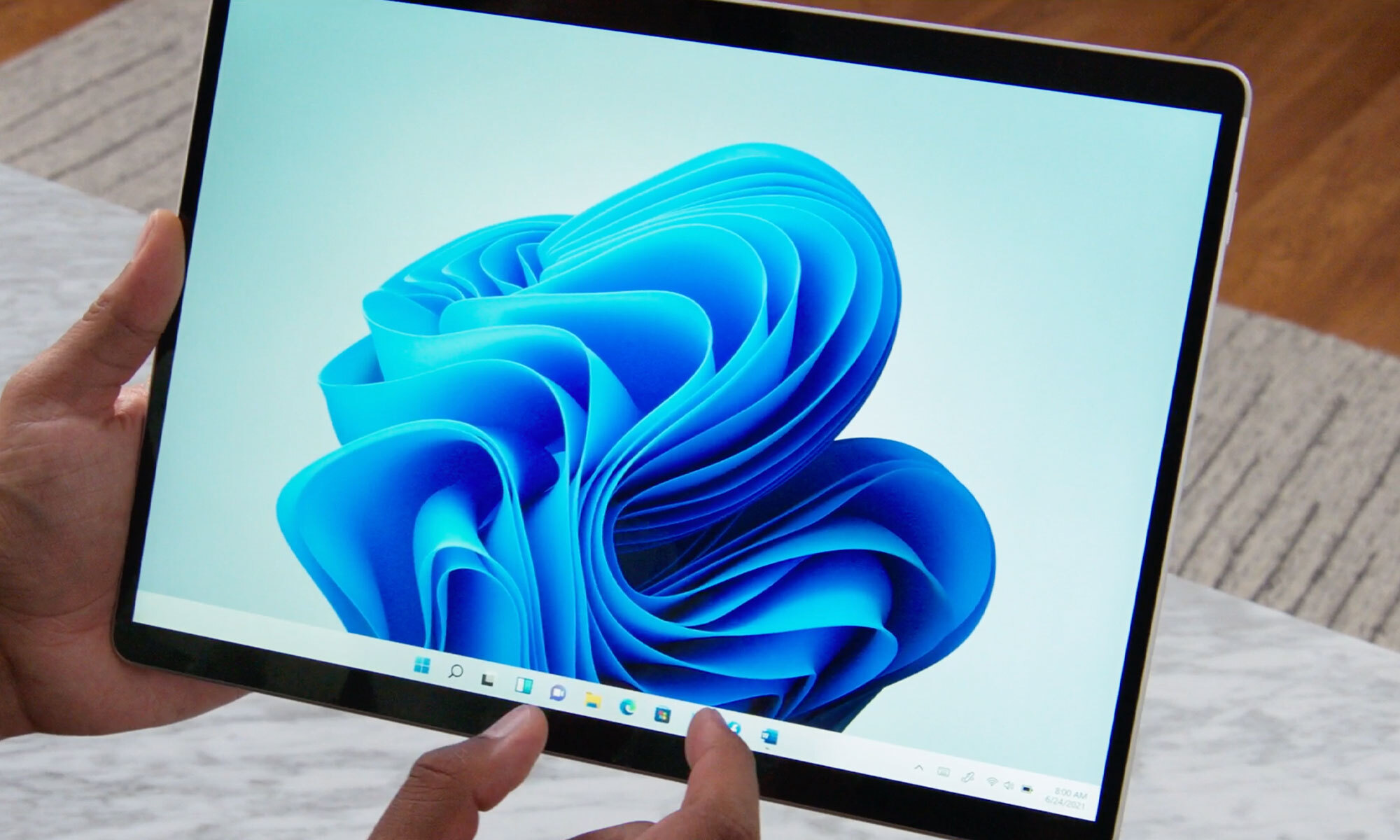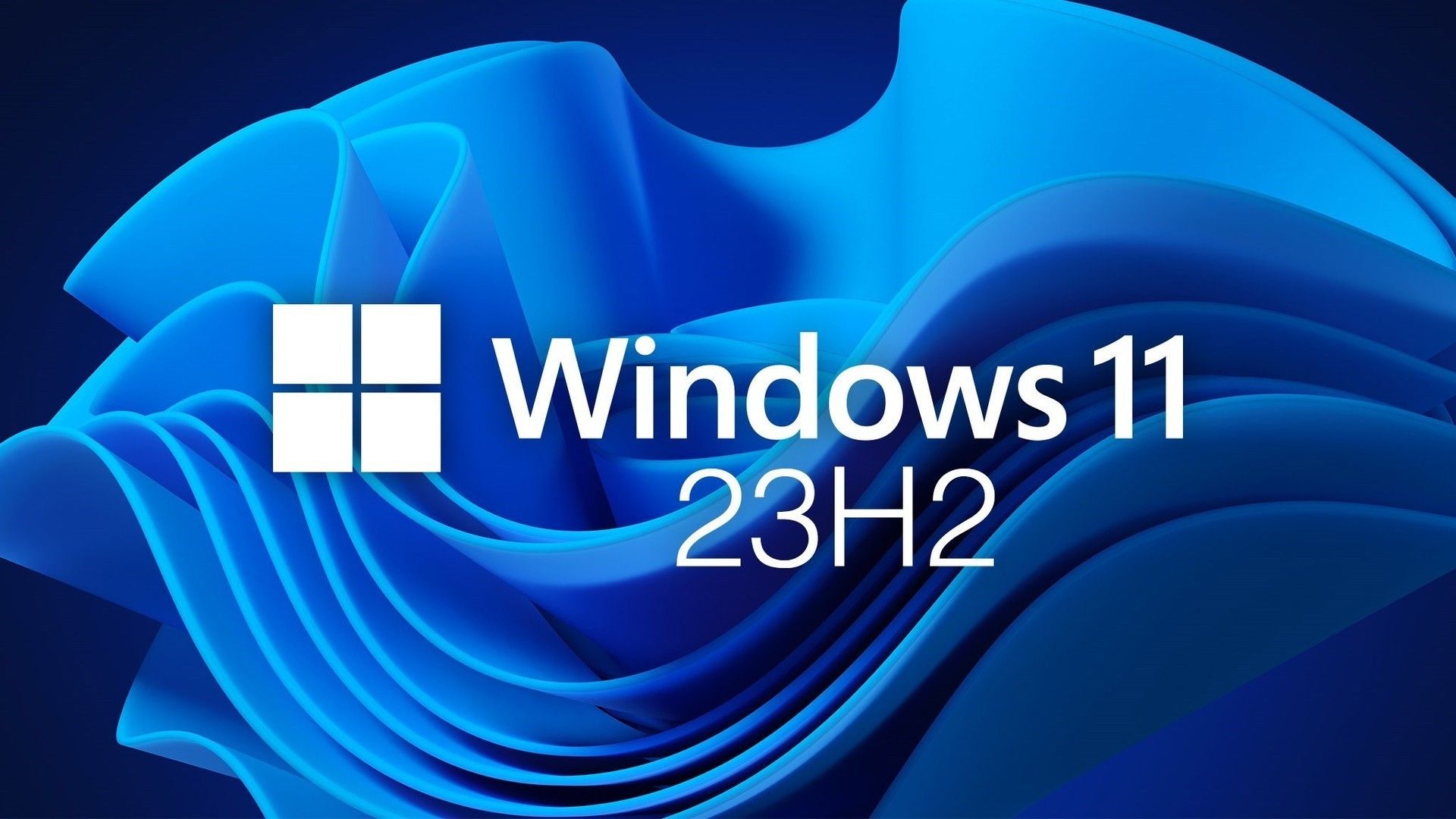
The latest Windows 11 Insider update brings an exciting development for Qualcomm Snapdragon PC users—the introduction of Semantic Search, a long-awaited AI-driven enhancement to the system’s search capabilities. This new feature represents a significant leap from traditional keyword-based searches, providing a more intuitive and efficient way to navigate files and settings.

The Power of AI in Semantic Search
Microsoft’s rollout of Semantic Search, part of the Windows Update KB5053656 on the Preview Release channel (OS Build 26100.3624), is currently exclusive to devices equipped with Qualcomm Snapdragon X-series processors, such as the Surface Pro 11 and Lenovo Legion Slim 7x. This update is a part of what Microsoft refers to as one of the “big three” Windows AI features, alongside Recall and Click to Do, enhancing the overall user interface and system capabilities significantly.
Daniel Rubino of Windows Central highlighted the transformative nature of this update, stating, “It’s been a long wait, but after years of user complaints about Windows Search’s shortcomings, the OS is finally introducing a brand-new, AI-driven, NPU-powered system search engine based on semantics rather than keywords.”
How Semantic Search Works
Unlike the previous iterations of Windows Search, the new Semantic Search utilizes Neural Processing Units (NPUs) to process natural language queries. This allows users to describe what they are looking for in conversational terms, whether it’s documents, images, file names, or system settings, without needing to remember the exact filenames or navigate complex query languages.

Microsoft assures that with the NPUs’ capability of handling at least 40 TOPS (tera operations per second) for AI workloads, the search process is not only faster but smarter. The system now supports a semantic indexing feature, which includes related search results, such as showing items related to ‘pasta’ when you search for ‘lasagna’.
Privacy and Local Data Processing
One of the critical aspects of Semantic Search is its approach to privacy and data security. All data from semantic indexing is stored locally on the user’s PC, ensuring that personal information does not leave the device or is used to train external AI models. This feature addresses growing concerns over privacy in AI-driven systems and reassures users about the security of their data.
Upcoming Enhancements and Availability
While currently limited to Snapdragon PCs, Microsoft has announced that “support for AMD and Intel is coming soon,” which will expand the benefits of Semantic Search to a broader range of devices. This move is expected to enhance the functionality of Copilot+ PCs, which had a lackluster launch last June but are now poised to offer distinctive features that leverage AI capabilities.

In a statement to the press, Microsoft also hinted at an upcoming AI event scheduled for April 4th, where further enhancements to consumer AI and Copilot features will be discussed. This event will likely provide deeper insights into Microsoft’s strategy to integrate AI more deeply across its operating systems and connected services.
The integration of Semantic Search into Windows 11 is a significant step forward in making AI a practical part of everyday computing. As Microsoft continues to develop and roll out these features, users can anticipate a more seamless, intuitive, and efficient interaction with their PCs. This update not only addresses long-standing user feedback but also sets a new standard for what can be expected from operating system functionalities in the age of AI.
